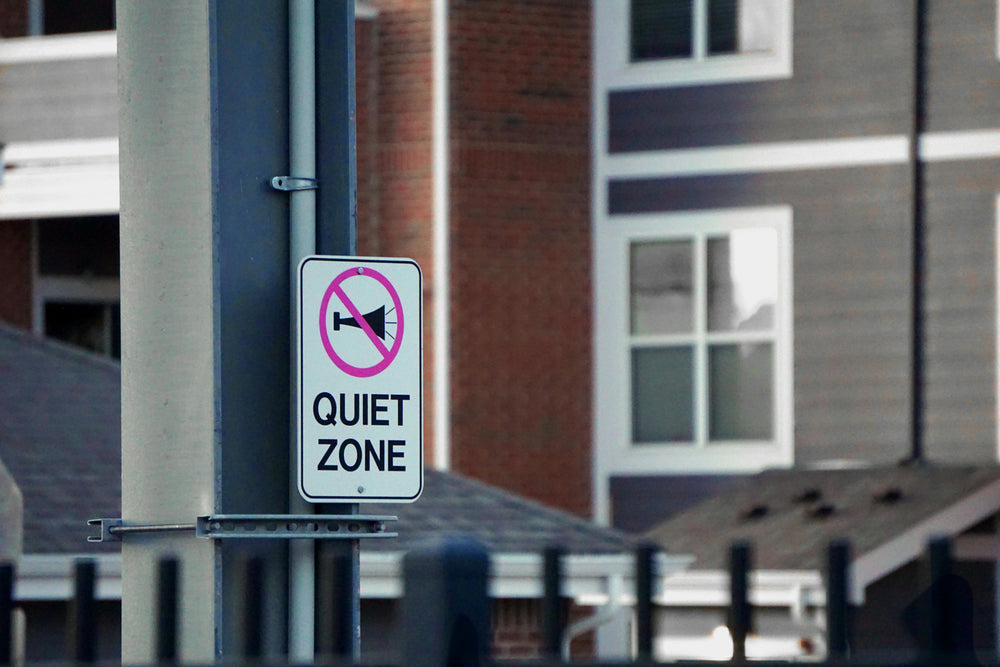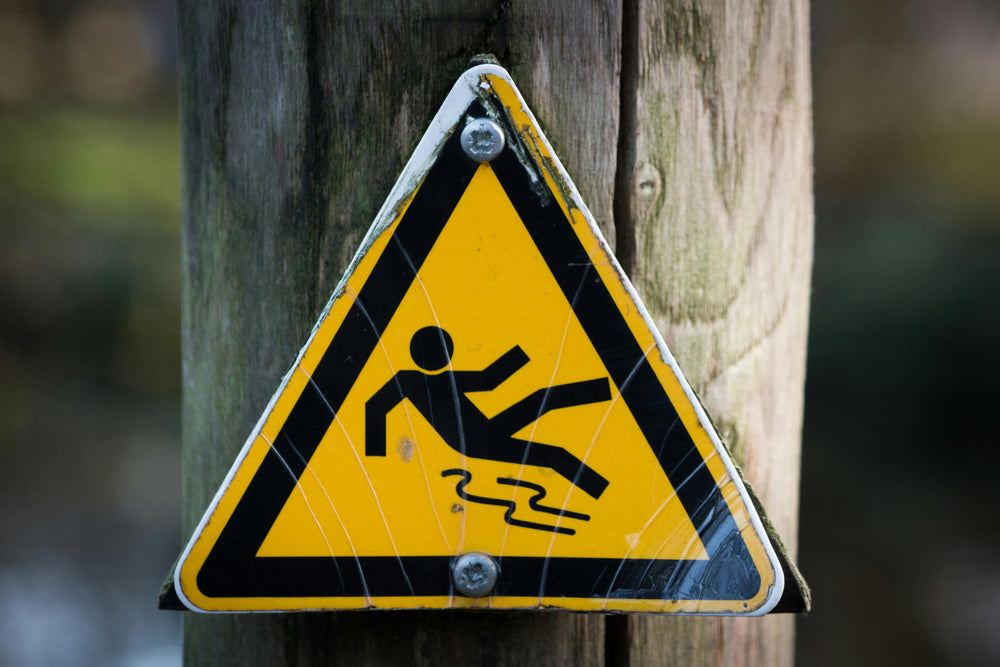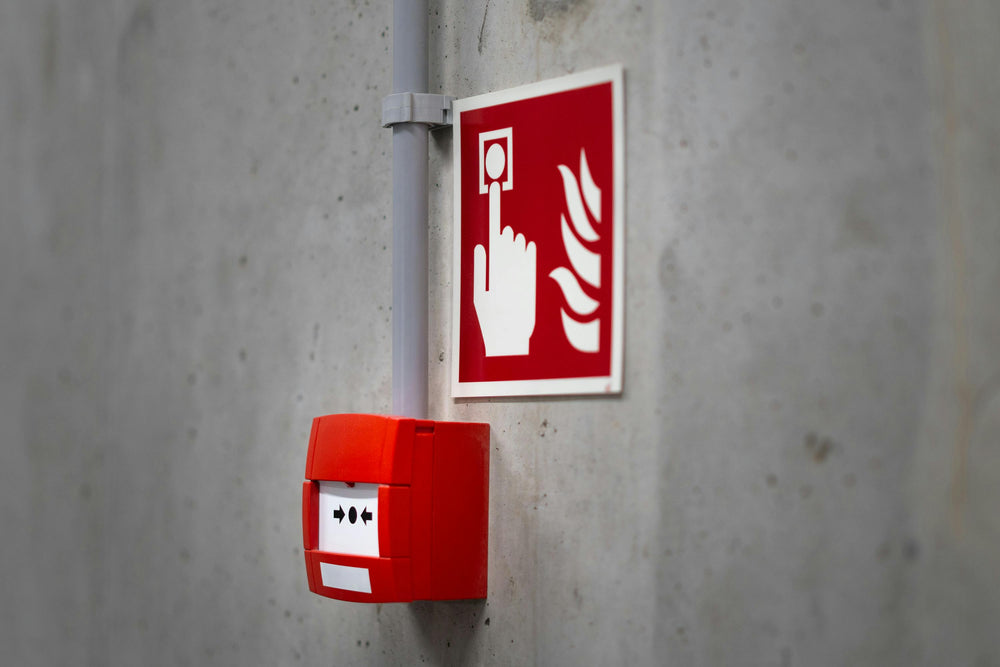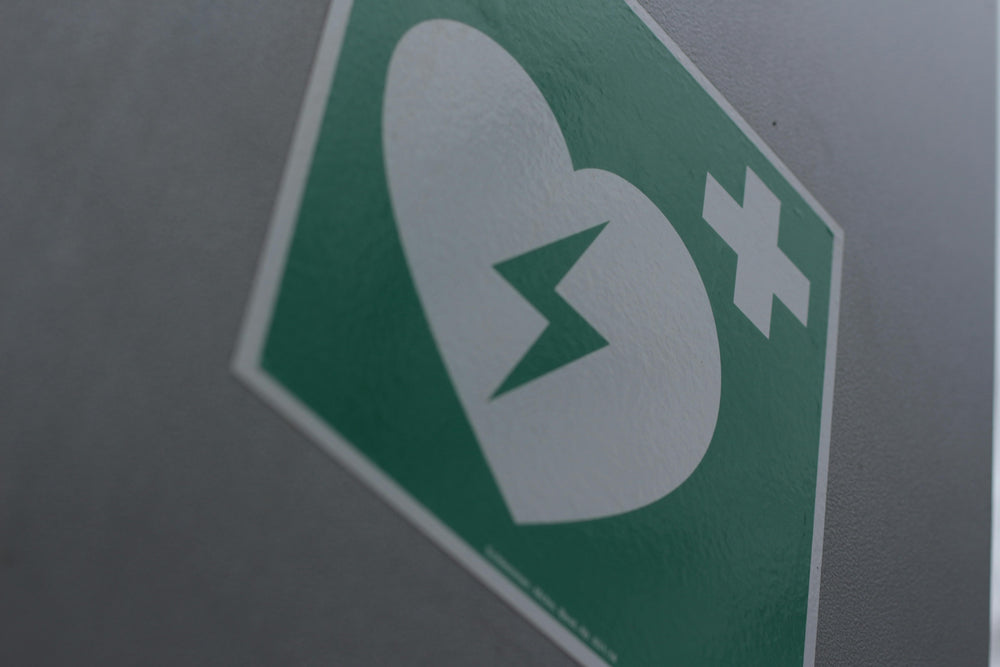Spot these Mental Health Warning Signs
Mental health challenges can take a heavy toll on both people and performance. But in busy workplaces, the signs are easy to miss.
What should you actually look out for? Here are six tangible signs your workplace could benefit from having a Mental Health First Responder.






